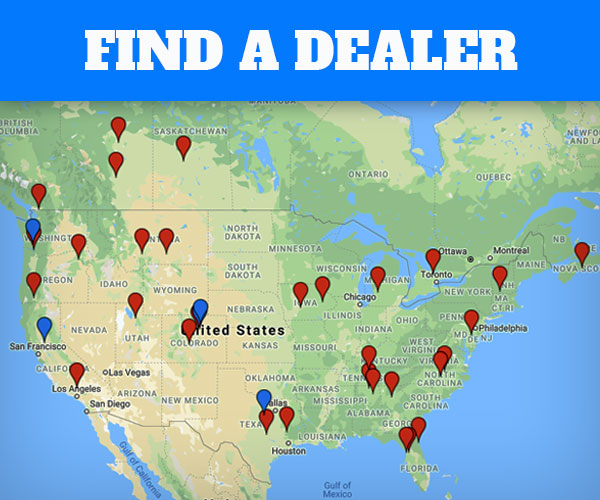A number of readers have expressed a strong desire to drive their truck camper rigs to Texas, Louisiana, Florida, and Georgia to help Hurricane Harvey and Hurricane Irma victims.
Self-contained truck campers are well suited for volunteering on-site for disaster recovery. Here’s what you need to know before you leave home.
Register With A Disaster Relief Organization First
Before driving into any disaster areas, register with a disaster relief organization. Disaster relief organizations will evaluate your skills (see list below), ask about your time availability, ask where you want to volunteer, and give you a volunteer assignment. They will also instruct you on what you will need including proper safety gear, and provide basic training.
According to the National Voluntary Organizations Active In Disaster website, the following skills are needed (in alphabetical order): administrative, architecture, chainsaw skills, client advocacy, computer, construction, counseling, engineer, equipment operation, food prep, language skills, media and public relations, medical, volunteer management, working with children, working with youth/adults.
To register with a disaster relief organization, use the following contact information:
Florida and Georgia (Hurricane Irma): Click here or call 1-800-FLHELP1.
Texas and Louisiana (Hurricane Harvey): Click here.
Disaster Relief Organizations that work with RVers
We have been contacted by two disaster relief organizations that work directly with RVers; RV Disaster Corps and Disaster Assistance Ministry. Here’s the contact information for both organizations:
RV Disaster Corps
Web: http://www.rvdisastercorps.org/
Volunteer Link: http://www.rvdisastercorps.org/my-rvdc/login/
Disaster Assistance CoC
Web: http://disasterassistancecoc.dreamhosters.com/
Volunteer Link: http://disasterassistancecoc.dreamhosters.com/volunteer/
Fellow truck camper and long-time disaster volunteer, Ed Krech, works with Disaster Assistance CoC (see links above), a faith-based disaster relief organization. He’s already in Texas helping Harvey victims.
Do Not Self-Deploy
All community and faith-based disaster relief organizations stress that nobody should self-deploy to a disaster area. This is extremely important. Do not show up unexpected.
Disaster areas can be chaotic with victims, first responders, government agencies, insurance assessors, and non-profits converging in a cluttered resource-starved situation.
This chaos can be amplified by self-deployed volunteers who can unknowingly do things and say things with disaster victims that are counter-productive or even dangerous.
Furthermore, disaster areas are often cordoned off to non-residents by law enforcement in an effort to prevent looting and restore order. In many situations you will be turned away if you self-deploy.
Disaster relief organizations also ask that you do not donate food or material goods to victims directly. All assistance should be done through a disaster relief organization for safety and efficiency.
If You Can’t Volunteer, Please Donate
Disaster relief organizations are in need of additional funding for the ongoing relief efforts. To send a donation, select the disaster relief organization of your choice, and make a donation through their website.
























